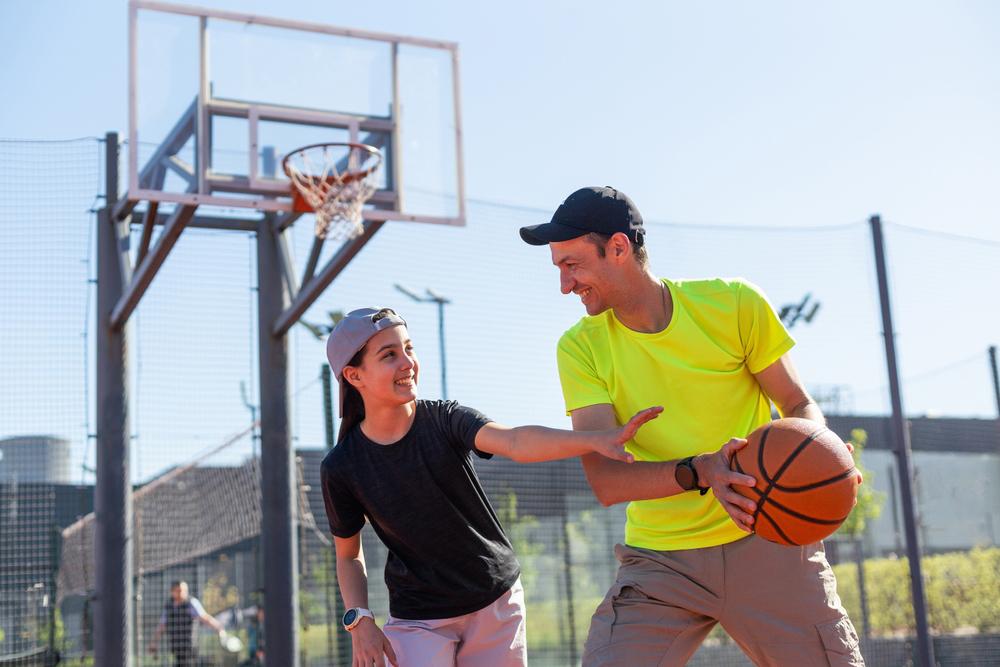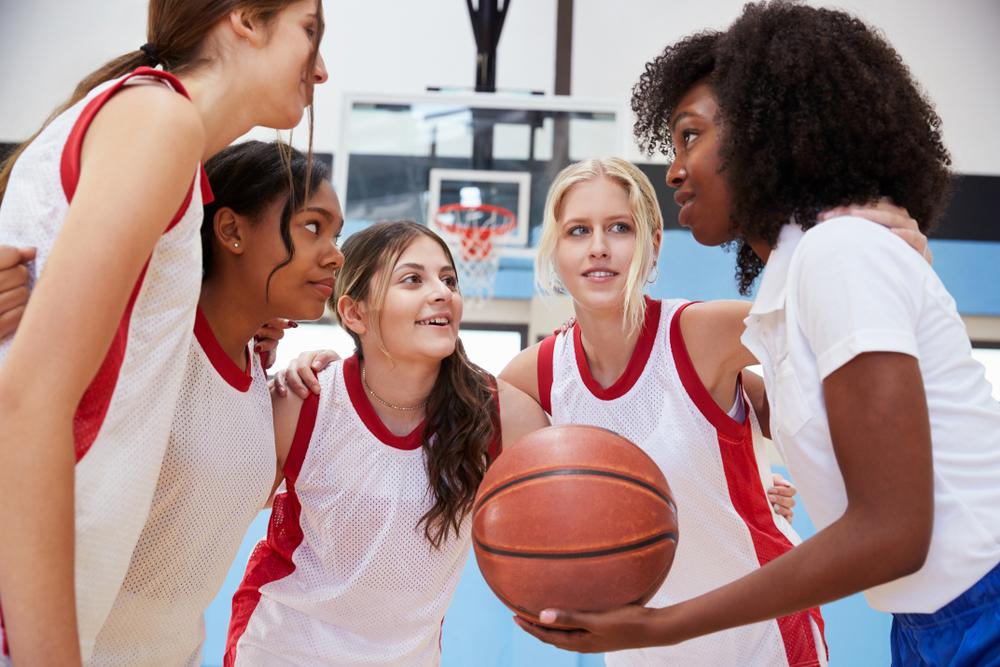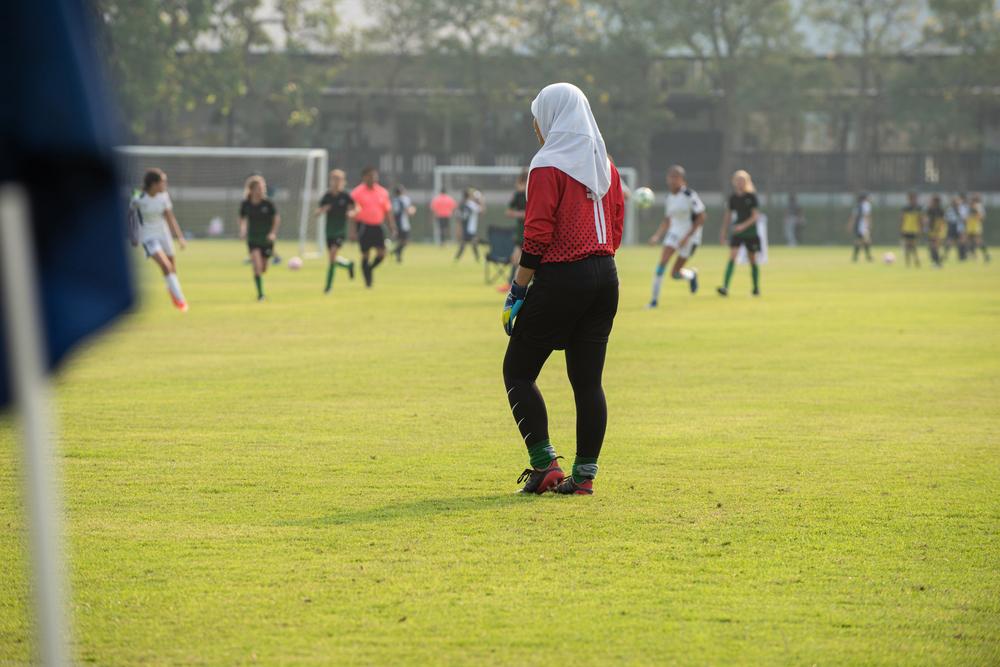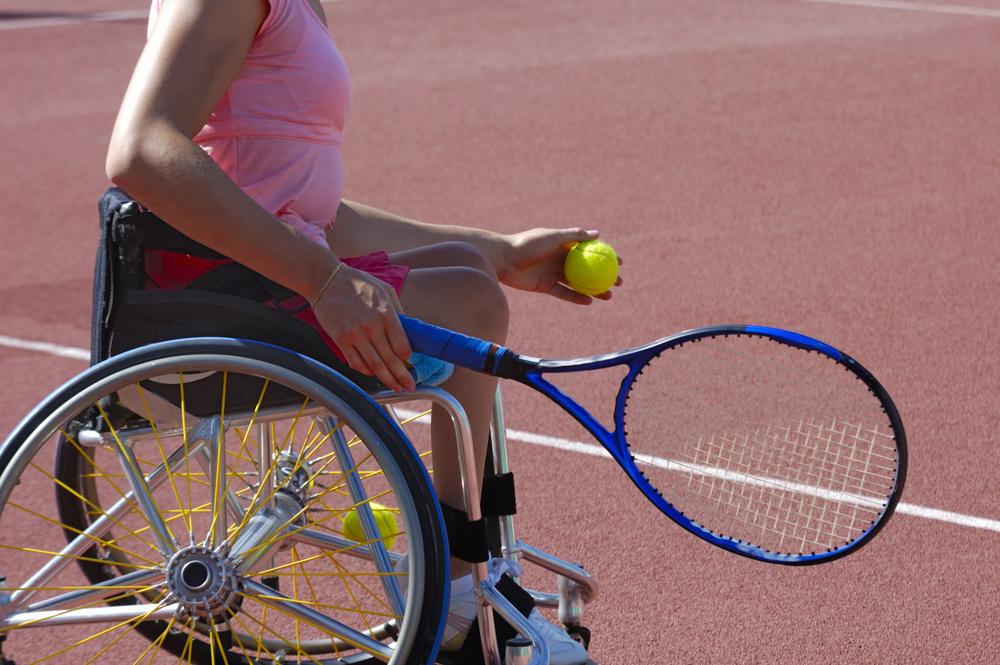 Youth sports parents play many different roles: former (or current) athlete, coach, fan, motivator, role model, critic, and maybe most importantly, influencer.
Youth sports parents play many different roles: former (or current) athlete, coach, fan, motivator, role model, critic, and maybe most importantly, influencer.
Studies have shown that family members may influence an athlete’s involvement and achievement in sport even more than coaches. Parents also are the first and most critical determiners in whether or not children reap the social benefits of playing sports.
This is why it is so crucial that sports parents are aware and accountable for their actions, and how those influence their young athletes.
Accounting for Your Attitude
Parental encouragement is significantly related to a child’s attraction to and competence in playing sports. Parents who provide positive encouragement instill a greater sense of enjoyment, ability, and motivation in their child.
Research done by Windee M. Weiss, Ph.D. of the University of Northern Iowa emphasizes the importance of parents staying accountable for and modeling good behavior, and helping their children interpret their sport experiences. Parents are critical in helping their child develop coping strategies to deal not only with competition, but also with losing. Children’s perceptions of their parents’ interest in their playing sport also predict their lasting involvement in sport.
Studies done by the University of Minnesota’s Diane Wiese-Bjornstal found that the way girls perceive their parents’ assessment of their abilities predict their likelihood of playing and staying in sport. That is, if their parents do not have confidence in their abilities, neither will they.
And dads, are you listening? Studies have found that fathers hold more influence – both positive and negative – over their daughter’s sport competence and values than mothers do. However, mothers are more likely to first enroll their daughters in sport and then continue encouragement by providing transportation, uniforms, moral support, and snacks.
Being Responsible for Their Readiness
There is some good news to report from yet another study on the topic. Researchers from Yale University, the University of Texas at Austin, and the University of Michigan suggest that children participate in organized activities, such as sport, because they want to, not because their parents make them.
But parents still need to consider whether a child is mentally, emotionally, socially, and physically mature enough to participate in sport. Readiness for a sport is just as important as readiness for school. And, like schooling, younger children need more positive direction at first, until they begin to develop and master the sport.
Pros and Cons for Parents
Parents also benefit from their child’s participation in sport. Research from Wiersma and Fifer found that their positive experiences include watching their child learn new skills and having the opportunity to interact with other parents.
On the negative side, parents who lose accountability for their lofty expectations and put too many demands on their young athletes before, during, and after competition can create stress that can destroy their child’s enjoyment of sport. Research by Bois et al., Power and Woolger, and Van Yperen has shown that negative parental support and pressure can result in competitive anxiety, interpersonal difficulties among teammates, and even quitting. Conversely, lower parental pressure has been found to be associated with children enjoying their sport more.
An overemphasis on extrinsic goals (winning, trophies, status) by parents can negate focusing on intrinsic goals, through which the child gains enjoyment from playing, mastering skills, and improving their game. Coaches also report that children’s sport performance is affected by the presence of parents. Additionally, parents lacking self-awareness and accountability for their actions are most likely to create conflict for coaches during the critical time that their child is improving mastery and transferring their trust in authority from the parent to the coach.
LaVoi and Stellino research found that the children of parents who create anxiety about failing and emphasize winning are more likely to engage in poor sport behaviors than children whose parents encourage enjoyment and self-mastery. Another study from Guivernau and Duda showed how athletes’ perceptions of their parents’ approval regarding cheating and aggression shape their own views about appropriate sport behavior. When youth athletes feel that their parents are supportive, positive, and emphasize mastery and enjoyment, they are more likely to display concern for opponents and grace in losing. They also are less likely to trash talk or whine and complain about the coach or their playing time.
—
Accountability from parents for their actions and attitudes effects much more than just their athletes’ level of effort on the field. It also impacts their mindset, mood, and motivation to continue on playing sports at all, as well as their trust in their coach and authority in general.
Creating accountable youth athletes and young adults starts at home, with parents taking responsibility for their actions first before demanding that their athletes do the same.
—
This was originally published in True Sport: What We Stand to Lose in Our Obsession to Win (p. 58-60)
References:
Bois JE, Lalanne J, Delforge C. The influence of parenting practices and parental presence on children’s and adolescents’ pre-competitive anxiety. J Sports Sci. 2009; 27(10):995-1005.
Brustad RJ. Affective outcomes in competitive youth sport: the influence of intrapersonal and socialization factors. J Sport Exerc Psychol. 1988; 10(3):307-321.
Brustad RJ. Who will go out and play? Parental and psychological influences on children’s attraction to physical activity. Pediatr Exerc Sci. 1993; 5(3):210-233.
Brustad RJ, Partridge JA. Parental and peer influence on children’s psychological development through sport. In: Smoll FL, Smith RE, eds. Children and Youth in Sport: A Biopsychosocial Approach. 2nd ed. Dubuque, IA: Kendall/Hunt Publishing; 2002:187-210.
Davison KK, Earnest MB, Birch LL. Participation in aesthetic sports and girls’ weight concerns at ages 5 and 7 years. Int J Eat Disord. 2002; 31(3):312-317.
Donohue B, Miller A, Crammer L, Cross C, Covassin T. A standardized method of assessing sport specific problems in the relationships of athletes with their coaches, teammates, family, and peers. J Sport Behav. 2007; 30(4):375-397.
Fredricks JA, Eccles, JS. Children’s competence and value beliefs from childhood through adolescence: growth trajectories in two male-sex-typed domains. Dev Psychol. 2002; 38:519-533.
Greendorfer SL, Lewko JH, Rosengren KS. Family influence in sport socialization: sociocultural perspectives. In: Smoll and Smith R, eds. Children and Youth in Sport. Dubuque, IA: Brown and Benchmark; 1996: 89-111.
Guivernau M, Duda JL. Moral atmosphere and athletic aggressive tendencies in young soccer players. J Moral Educ. 2002; 31(1):67-85.
Holt NL, Tamminen KA, Black DE, Mandigo JL, Fox KR. Youth sport parenting styles and practices. J Sport Exerc Psychol. 2009; 31(1):37-59. 157.
Lafferty ME, Dorrell K. Coping strategies and the influence of perceived parental support in junior national age swimmers. J Sports Sci. 2006; 24(3):253-259.
LaVoi NM, Stellino MB. The relation between perceived parent-created sport climate and competitive male youth hockey players’ good and poor sport behaviors. J Psychol. 2008; 142(5):471-495.
Mahoney JL, Larson RW, Eccles JS, eds. Organized Activities as Contexts of Development: Extracurricular Activities, After-School and Community Programs. Mahwah, NJ: Erlbaum; 2005.
McLean K. Dealing with parents: promoting dialogue. Sports Coach. 2007; 30(1):12-13.
Power TG, Woolger C. Parenting practices and age-group swimming: a correlational study. Res Q Exerc Sport. 1994; 65(1):59-66.
Van Yperen NW. Interpersonal stress, performance level, and parental support: a longitudinal study among highly skilled young soccer players. Sport Psychol. 1995; 9:225-241.
Tucker Center for Research on Girls & Women in Sport. The 2007 Tucker Center Research Report: Developing Physically Active Girls: An Evidence-Based Multidisciplinary Approach. Minneapolis, MN: Author; 2007. http://www.tuckercenter.org/projects/tcrr/default.html.
Weiss WM. Coaching your parents: support vs. pressure. Technique. 2008; 28(10):18-22.
Wiersma LD, Fifer AM. It’s our turn to speak: the joys, challenges, and recommendations of youth sport parents. J Sport Exerc Psychol. 2007; (suppl 29):S213.
Woolger C, Power TG. Parent and sport socialization: views from the achievement literature. J Sport Behav. 1993; 16(3):171-189.



